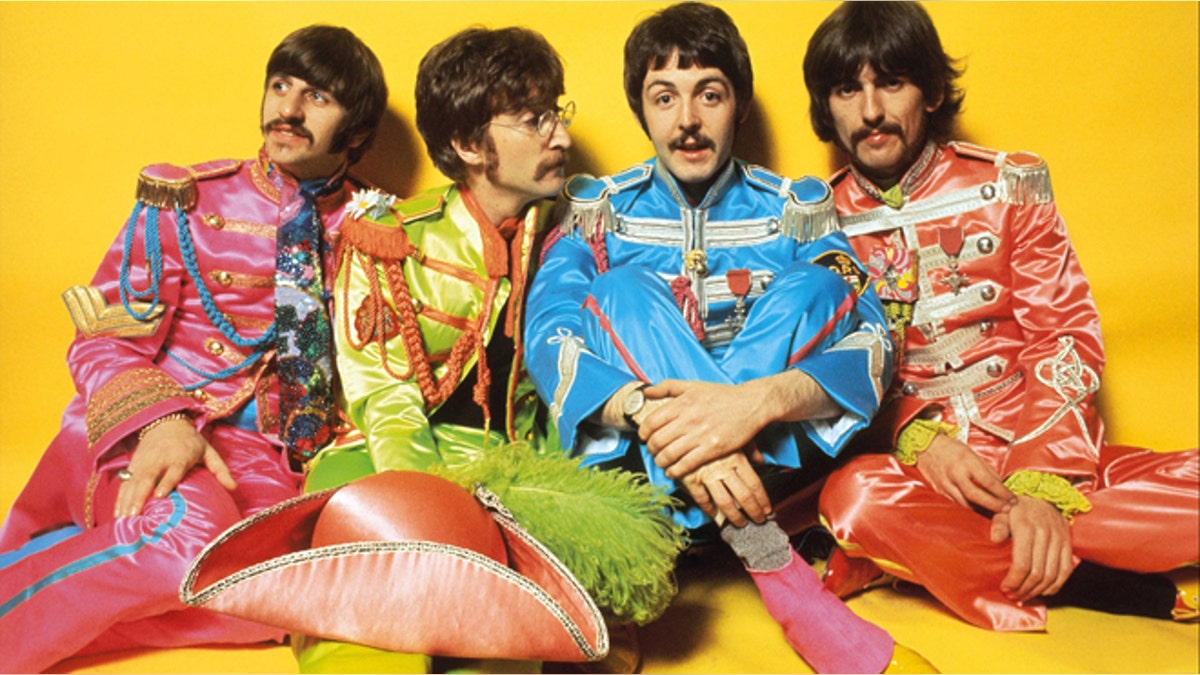
(AP)
This month marks 50 years since The Beatles made landfall in America. Had it not been for a very fortuitous convergence of events, however, Beatlemania might never have erupted.
After refusing to release previous Beatles hits such as “She Loves You” and “Please Please Me” (both went to number one in the UK) Capitol Records finally decided that “I Want To Hold Your Hand” might have a chance in the US.
Beatles manager Brian Epstein had already booked the band for three consecutive weeks as headliners on Ed Sullivan’s Sunday night variety show, so when the new single went to number one in the U.S. at the end of January only days before the band were to appear on national television, the timing could not have been better.
[pullquote]
That February 9 broadcast turned out to be a historic moment in pop music culture and the Beatles went on to become one of the most successful acts -- commercially and critically -- in the history of popular music.
Fifty years later how important have the Beatles turned out to be? And 50 years from now will anybody care about the Fab Four? The answer depends.
In our era, the Beatles are beloved as both celebrities and as a dominant force in pop music history. However, 50 years from now, that will no longer be true, as celebrity does not fare well over time.
Years before the Beatles, Bing Crosby was one of the most influential figures in popular music. Not many people alive today could point out a picture of Bing Crosby, but they may certainly know of him because of his contributions to music.
Fortunately for all of us, the legacy of The Beatles will live with the music they made, not in the celebrity they have become. Like figures such as Stephen Foster, Scott Joplin, George Gershwin, Cole Porter, Duke Ellington, Bing Crosby and Frank Sinatra, students of history will learn about the music first and need to have the celebrity explained.
The Beatles are important in music history because their music had a significant impact on how popular music styles changed and developed – an impact that can still be felt 50 years later.
The idea that rock musicians should write and perform their own music, for instance, or that they should attempt to say something interesting in the lyrics, or strive to develop new sounds, or strive to explore adventurous stylistic integrations with pop—all are now deeply woven into the fabric of rock culture.
Fifty years from now, the recounting of the ‘Beatlemania’ phenomenon will merely provide colorful context; it is primarily the music and the changes it provoked that will endure.
While the Beatles’ music may already belong to history, the celebrity of John, Paul, George and Ringo still belongs to us. Those who experienced the Beatles music when it was originally released have a special – and perhaps even paradoxically, intimate – bond with the band.
For us, the music is a communal celebration, drawn from our youth and reminding us of the kind of optimism that goes with that time of life—the exhilaration of emerging adulthood.
We imagine we know the Beatles and that maybe they know us. We invest part of who we are in those songs and in those young men. This is a connection that future generations can never have.
The Beatles belong to our lives; they mean so much to us now simply because they meant so much to us then.
Looking back 50 years, that’s what America gets to celebrate and relive all over again: the music that transformed a generation and became the soundtrack of our lives. “With love, from me to you,” indeed.
